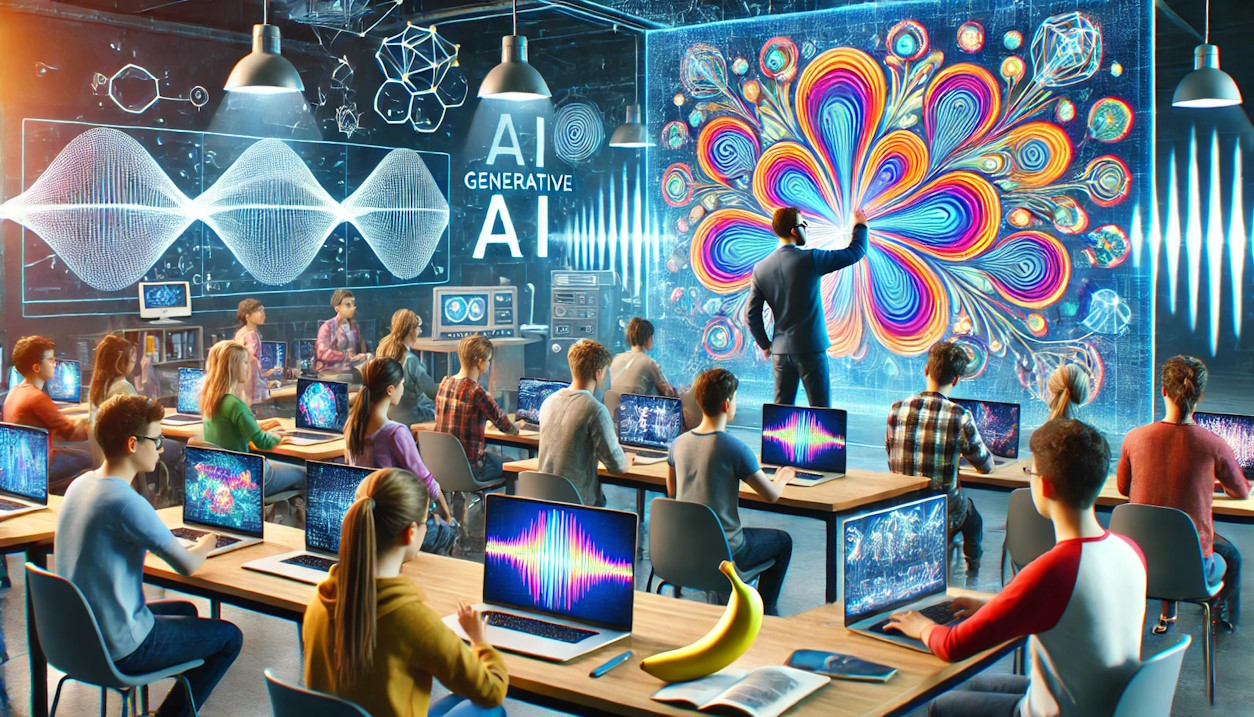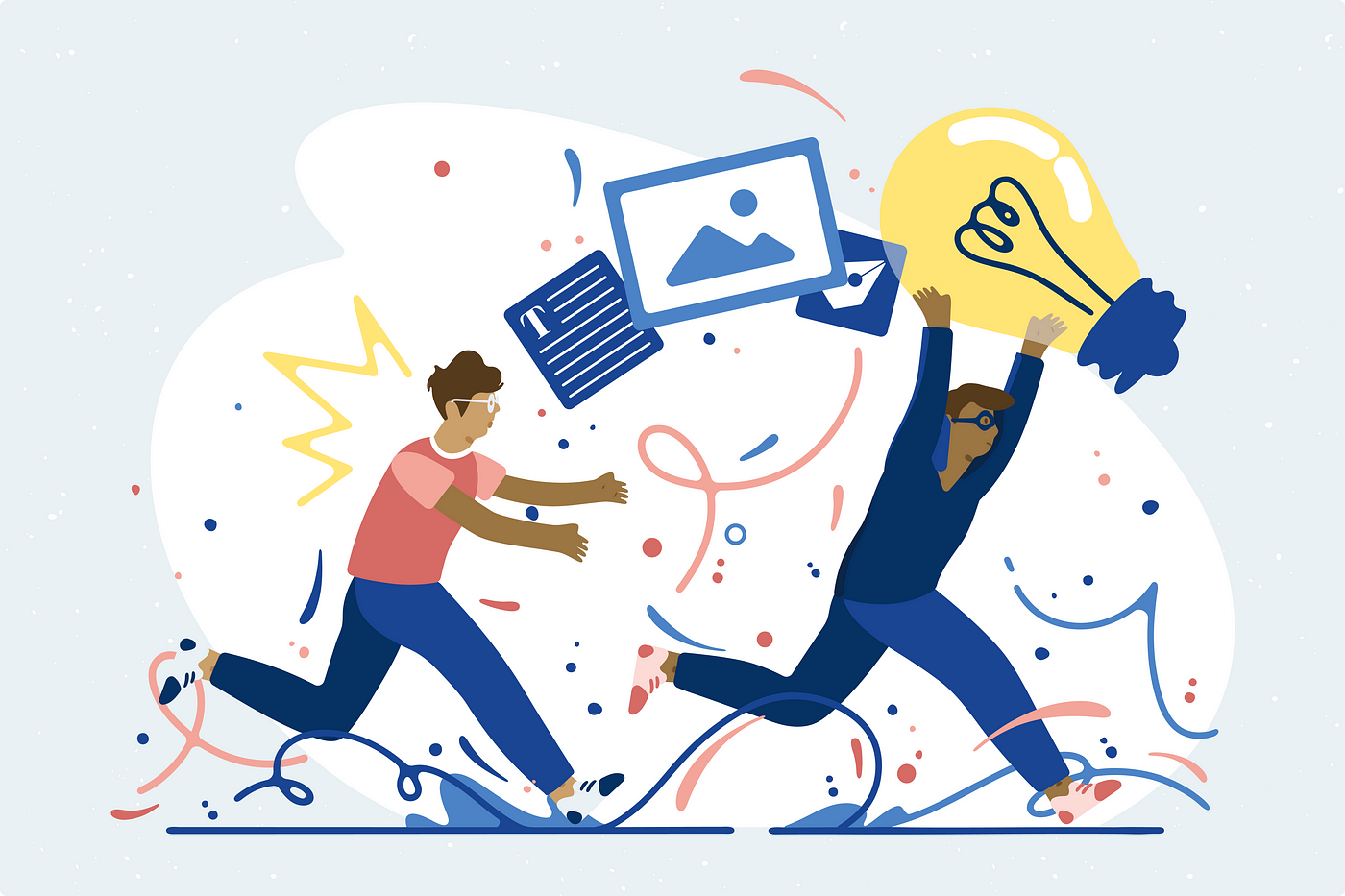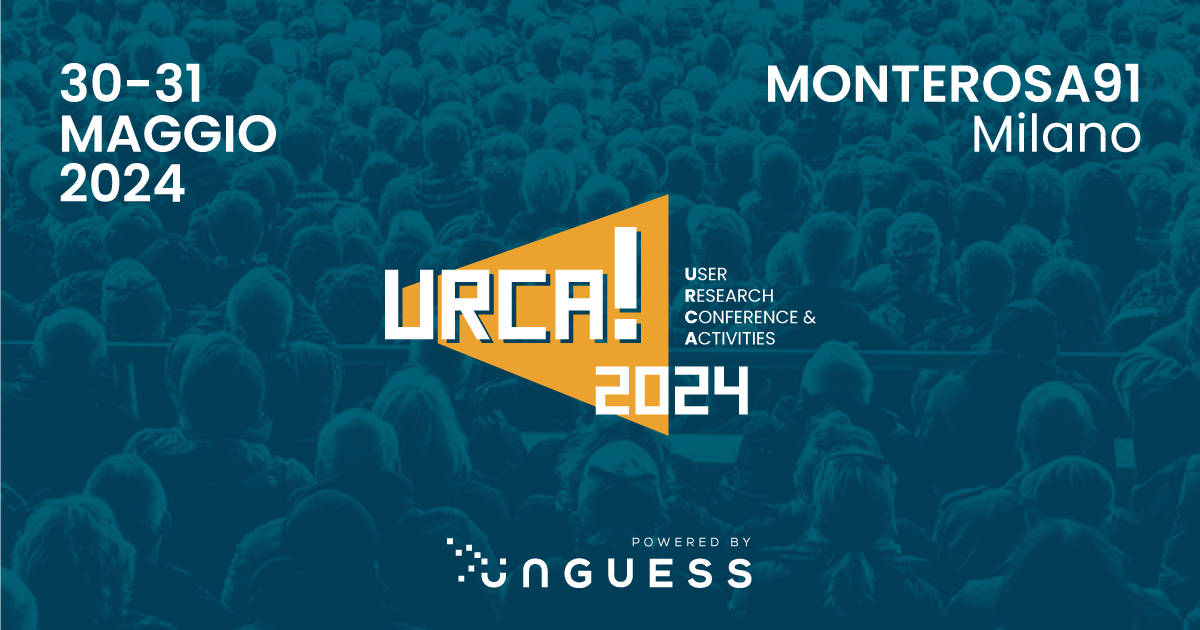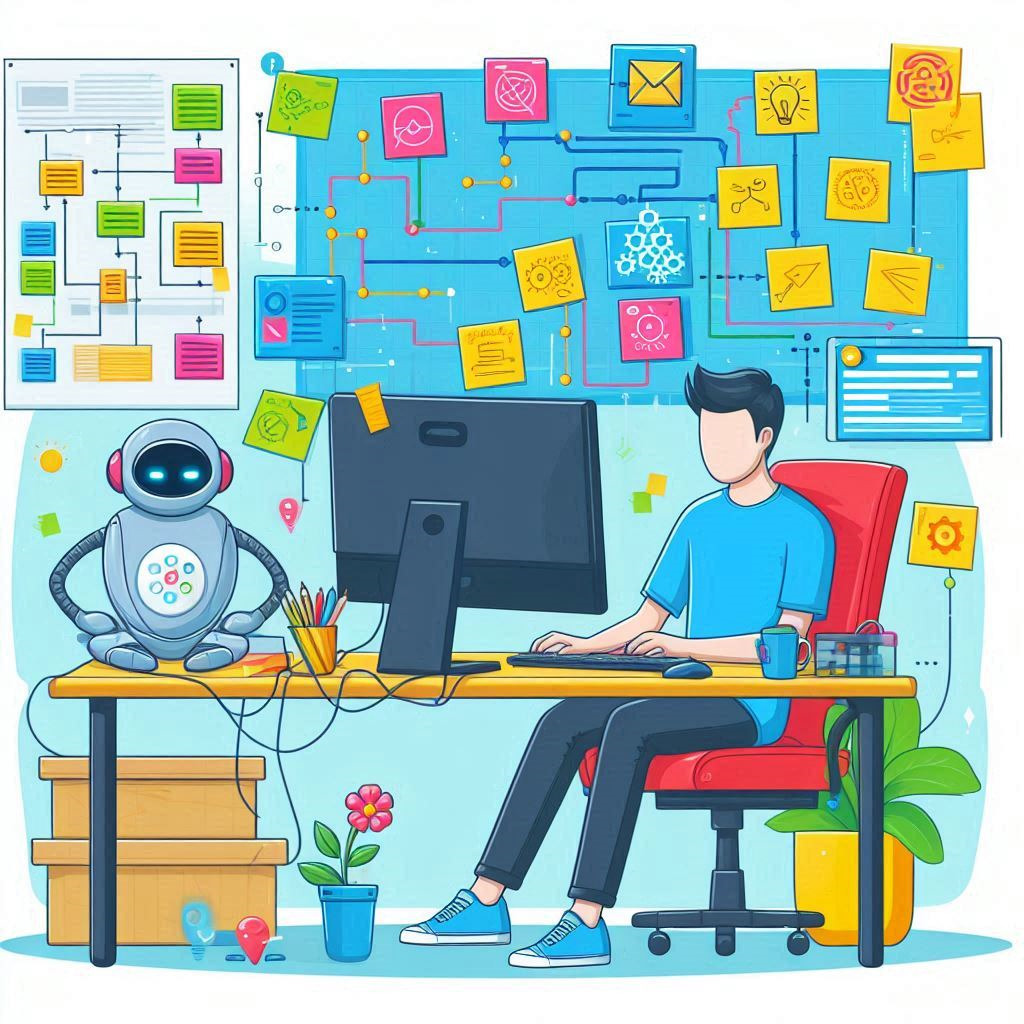6 pills dal mondo ( che ci coinvolgono )
-
Davide Belotti
- 20 Jun, 2024
- 06 Mins read
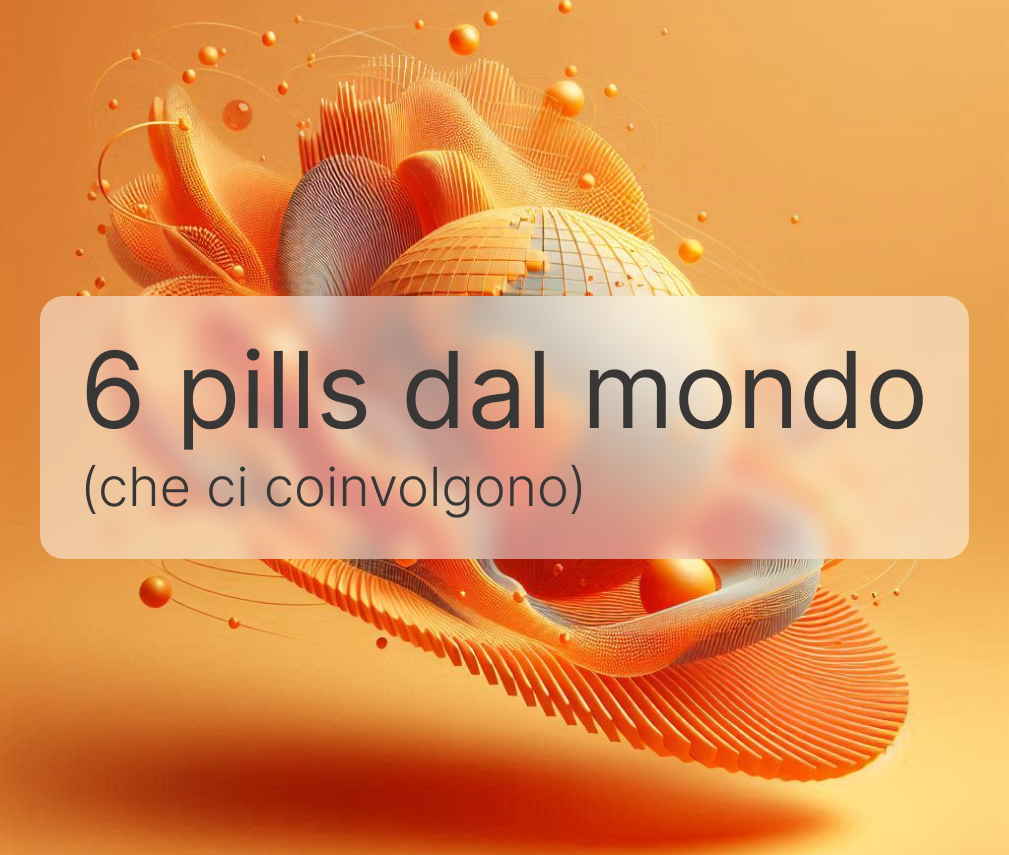
English version below
Recentemente, ho avuto l'opportunità di partecipare a due conferenze straordinarie, #URCA24 e #UXDAY24, che mi hanno lasciato profondamente impressionato e ispirato. Tra i vari interventi, sei pillole di saggezza e innovazione mi sono rimaste particolarmente impresse. Questi spunti non solo hanno stimolato il mio pensiero, ma hanno anche aperto nuovi orizzonti su tematiche cruciali come inclusività, sostenibilità, trasformazione socio-economica e gestione del tempo.
Ecco i sei punti salienti che credo possano arricchire anche voi:
"Se non stai includendo, stai discriminando" - Simon Mastrangelo
Questa affermazione di Simon Mastrangelo sottolinea l'importanza dell'inclusività in ogni ambito della nostra vita, specialmente nel mondo del lavoro e nella progettazione di prodotti e servizi. L'inclusività non è solo una questione di giustizia sociale, ma anche di opportunità economiche e innovazione. Ignorare l'inclusione significa escludere potenziali talenti e clienti, e quindi discriminare. È un invito a ripensare le nostre pratiche quotidiane per garantire che tutti possano partecipare e contribuire, indipendentemente dalle loro diverse abilità, background e esperienze. Questo ambito sarà tra l'altro obbligatorio e fondamentale a partire dal 2025, dove l'accessibilità dei prodotti digitali sarà requisito fondante.
**Trend socio-economico per cui il mondo va molto più veloce di istruzione e formazione **- Fabio Sergio
Fabio Sergio ha evidenziato come l'accelerazione del cambiamento socio-economico stia superando la velocità con cui l'istruzione e la formazione si adattano. Le nuove generazioni non si stabilizzano più in una posizione sia fisica che mentale, preferendo la flessibilità e l'adattabilità. Questo fenomeno sta trasformando vari mercati, tra cui l'immobiliare, l'automotive e l'assicurativo. Ad esempio, la domanda di proprietà immobiliari diminuisce e cambia la necessità di possedere un'auto. Inoltre, c'è una crescente incertezza su cosa assicurare quando si possiede meno beni materiali. Sergio suggerisce un ripensamento del ciclo della vita umana, passando da un modello lineare (istruzione-lavoro-pensione) a uno ciclico, dove si alternano periodi di lavoro, formazione e pause per restare aggiornati e rilevanti nel mercato del lavoro. Con la AI si può pensare di dedicarsi solamente ad occupazioni mose prevalentemente da passione, ricreazione e impatto benefico sulla società.
Green IT - Nicola Bonotto
Nicola Bonotto ha messo in luce l'impatto significativo dell'industria tecnologica sull'ambiente e ha discusso come il Green IT possa fare una grande differenza. Anche piccoli cambiamenti nelle pratiche quotidiane delle aziende tecnologiche possono ridurre drasticamente l'impronta ecologica. Questi cambiamenti includono l'adozione di data center più efficienti dal punto di vista energetico, l'uso di energie rinnovabili e l'implementazione di pratiche sostenibili nello sviluppo e nell'uso della tecnologia. Bonotto ha enfatizzato che il settore tecnologico ha il potenziale di guidare il cambiamento verso un futuro più sostenibile se si impegna seriamente in iniziative Green IT.
Come si può portare e far percepire il valore di una ricerca in meno di 3 minuti - Raffaella Roviglioni
Raffaella Roviglioni ha spiegato l'arte di comunicare il valore di una ricerca in un tempo molto breve, meno di tre minuti. In un mondo dove l'attenzione è un bene scarso, è cruciale saper condensare i risultati di una ricerca in un formato conciso e persuasivo. Questo implica identificare i punti chiave, presentare i dati più rilevanti in modo chiaro e visivamente accattivante, e saper raccontare una storia che risuoni con il pubblico.
Collaborazione, consapevolezza, soft-skills e speranza - Maria Cristina Lavazza
Maria Cristina Lavazza ha parlato dell'importanza della collaborazione e della consapevolezza delle proprie soft skills, in particolare per i professionisti più giovani che possono sentirsi sopraffatti. Ha sottolineato come lo sviluppo di abilità interpersonali, come la comunicazione, la leadership e la gestione del tempo, possa non solo migliorare l'efficacia lavorativa, ma anche costruire una rete di supporto. Il futuro appartiene alle soft skills e sempre meno alle hard skills sottoposte a continua metamorfosi tecnica e guidate da un pilota automatico come la AI. Un software lo si impara ad utilizzare, l'apertura mentale è più complessa da sviluppare.
"Invece di partire dal valore, stimiamo le ore che spenderemo" - Giulio Michelon
Giulio Michelon ha criticato l'approccio tradizionale alla gestione dei progetti, dove si tende a stimare il valore in base alle ore lavorative previste. Giulio suggerisce un cambiamento di prospettiva: partire dal valore che si intende creare e solo successivamente stimare le ore necessarie. Questo approccio può portare a una gestione del tempo e delle risorse più efficiente, focalizzandosi su ciò che veramente importa e riducendo il rischio di sprechi e inefficienze. È un invito a rivedere le pratiche di project management per garantire che il lavoro svolto sia effettivamente allineato con gli obiettivi di valore dell'organizzazione.
Davide Belotti - UX designer SoFa Sircle
English Version
Recently, I had the opportunity to attend two extraordinary conferences, #URCA24 and #UXDAY24, which left me deeply impressed and inspired. Among the various presentations, six nuggets of wisdom and innovation particularly stood out to me. These insights not only stimulated my thinking but also opened new horizons on crucial topics such as inclusivity, sustainability, socio-economic transformation, and time management.
Here are the six key points that I believe can enrich you as well:
"If you're not including, you're discriminating" - Simon Mastrangelo
This statement by Simon Mastrangelo underscores the importance of inclusivity in every aspect of our lives, especially in the workplace and in the design of products and services. Inclusivity is not just a matter of social justice but also of economic opportunities and innovation. Ignoring inclusion means excluding potential talents and customers, and therefore discriminating. It's an invitation to rethink our daily practices to ensure that everyone can participate and contribute, regardless of their different abilities, backgrounds, and experiences. Moreover, starting from 2025, this area will be mandatory and fundamental, as the accessibility of digital products will be a foundational requirement.
**Socio-economic trend where the world moves much faster than education and training **- Fabio Sergio
Fabio Sergio highlighted how the acceleration of socio-economic change is outpacing the speed at which education and training adapt. The new generations no longer stabilize in a physical or mental position, preferring flexibility and adaptability. This phenomenon is transforming various markets, including real estate, automotive, and insurance. For example, the demand for real estate is decreasing, and the need to own a car is changing. Additionally, there is growing uncertainty about what to insure when owning fewer material goods. Sergio suggests rethinking the human life cycle, moving from a linear model (education-work-retirement) to a cyclical one, where periods of work, education, and breaks alternate to stay updated and relevant in the job market. With AI, one can think of dedicating oneself solely to occupations driven predominantly by passion, recreation, and beneficial impact on society.
**Green IT **- Nicola Bonotto
Nicola Bonotto highlighted the significant impact of the tech industry on the environment and discussed how Green IT can make a big difference. Even small changes in the daily practices of tech companies can drastically reduce the ecological footprint. These changes include adopting more energy-efficient data centers, using renewable energies, and implementing sustainable practices in the development and use of technology. Bonotto emphasized that the tech sector has the potential to lead the change towards a more sustainable future if it seriously commits to Green IT initiatives.
How to convey and make the value of research perceived in less than 3 minutes - Raffaella Roviglioni
Raffaella Roviglioni explained the art of communicating the value of research in a very short time, less than three minutes. In a world where attention is a scarce commodity, it is crucial to condense research results into a concise and persuasive format. This involves identifying key points, presenting the most relevant data clearly and visually appealingly, and telling a story that resonates with the audience.
**Collaboration, awareness, soft skills, and hope **- Maria Cristina Lavazza
Maria Cristina Lavazza spoke about the importance of collaboration and awareness of one's soft skills, especially for younger professionals who may feel overwhelmed. She emphasized how developing interpersonal skills, such as communication, leadership, and time management, can not only improve work effectiveness but also build a support network. The future belongs to soft skills and increasingly less to hard skills subjected to continuous technical metamorphosis and guided by an autopilot like AI. Software can be learned, but developing an open mind is more complex.
"Instead of starting from value, we estimate the hours we will spend" - Giulio Michelon
Giulio Michelon criticized the traditional approach to project management, where value is typically estimated based on the expected work hours. Giulio suggests a change in perspective: starting from the value you intend to create and only then estimating the necessary hours. This approach can lead to more efficient time and resource management, focusing on what truly matters and reducing the risk of waste and inefficiencies. It is an invitation to review project management practices to ensure that the work done is effectively aligned with the organization's value objectives.
Davide Belotti - UX designer SoFa Sircle

